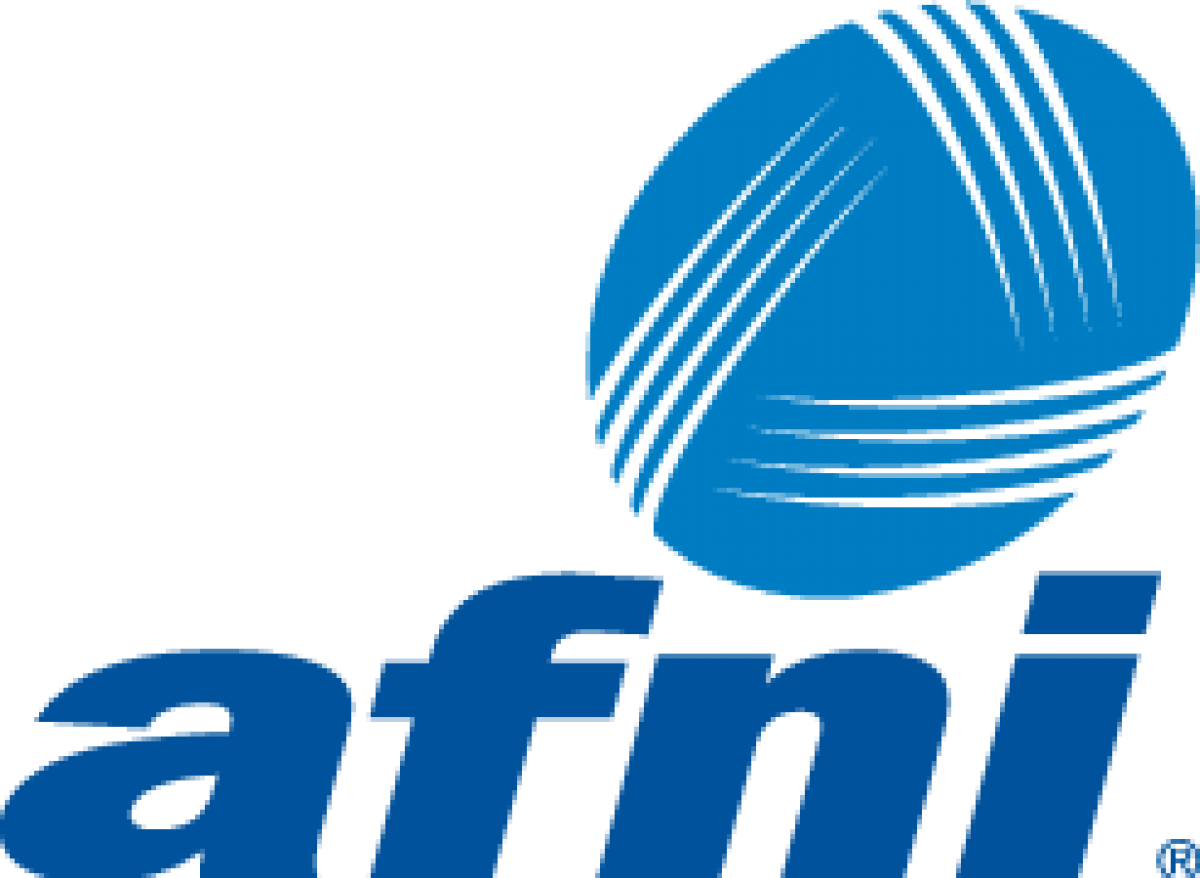Recruitment vs Onboarding
Whether you’re an aspiring individual starting your journey in the human resources industry or a seasoned HR professional, understanding recruitment and onboarding is essential. As there are a myriad of job titles and career levels in the field, learning each of these processes is crucial for setting your path and selecting the perfect position for your unique skill set and aspirations. So, what exactly is recruitment vs onboarding, and why are they both so vital?
In this article, we’ll discuss all aspects regarding what is the difference between recruitment and onboarding in HR. Continue reading to learn everything you need to know for an informed decision!

Source: shutterstock.com / Photo Contributor: GamePixel
Recruitment vs Onboarding
Recruitment is more than just filling an open position – it’s about strategically attracting, interviewing, and hiring individuals with the appropriate skills who align with your company's culture and values. It involves a dynamic process that begins with crafting compelling job descriptions and leveraging diverse platforms to reach the right candidates. Ultimately, it ensures that a company has the right people in the ideal positions at the right time.
As for onboarding, think of this as the ultimate guide for arriving employees. It’s all about embracing new team members and integrating them into the company. From the moment they accept a position, through their initial days and beyond, onboarding specialists’ goal is to ensure new hires feel comfortable, supported, and enthusiastic about their roles.
Luckily, Afni is here to help you land the best HR job positions by streamlining the recruitment process and connecting you directly with top opportunities. With their targeted listings, you can skip the crowded job boards and seamlessly secure your dream position. Afni can place you on the fast track to an exciting career with leading global companies!
Recruitment process
Typically, the recruitment process involves five main steps.
- First, job analysis and posting involve understanding the company’s needs, defining roles, and identifying the necessary skill sets to create accurate job descriptions.
- The next step is sourcing candidates where recruitment agents utilize job boards, recruitment agencies, social media, and employee referrals to reach a diverse pool of talent.
- Screening and shortlisting first, then narrowing down applicants through resume reviews and qualification assessments.
- Structured and bias-free interviews are conducted, involving multiple stakeholders to ensure compatibility with team dynamics.
- Finally, upon selection, HR conducts the job offer and negotiation phase including compensation and benefits. This could include extending an offer and agreeing on mutually beneficial terms.
Each step is essential for building a strong and effective team for sustained success.

Source: shutterstock.com / Photo Contributor: DC Studio
Importance of effective recruitment
Effective recruitment processes are pivotal for organizational growth, driving performance, and minimizing productivity losses. Once you find the right candidates, everything slides into place – success grows, team morale increases, and employees tend to stick around longer.
On the other hand, poor recruitment practices can lead to high turnover rates, low morale, and a significant risk of productivity challenges. These issues can be quite costly, both financially and in terms of time and resources, as today’s shortage of talent means that every minute and candidate is crucial.
For those building a career in this field, mastering effective recruitment practices ensures that you can be the key to delivering a stronger, more cohesive team within a thriving, successful organization. Being the ideal candidate for a recruitment job requires you to have a keen eye for identifying talent with not only the right skill sets but also the ability to fit well within the company culture and values.
Onboarding process
Once the recruitment process is completed, HR prepares for the new hire’s integration, ensuring a seamless onboarding process. However, effective onboarding encompasses several critical stages.
First, pre-boarding begins once the job offer has been accepted, involving paperwork and IT setup to ensure a smooth start. Orientation sessions are then conducted to provide foundational knowledge about the company’s culture, policies, and team dynamic introductions. This is followed by training and development tailored to each role’s requirements through mentorship programs, on-the-job learning, and ongoing skill enhancement.
Next, performance management ensures clarity with set goals and regular feedback sessions to support new hire progress. With continuous follow-ups and feedback mechanisms, like surveys and check-ins, HR can ensure satisfaction and address any challenge swiftly, fostering a positive work environment and productive onboarding experiences.
One crucial step in onboarding you need to be aware of is social integration efforts. Specialists must cultivate team relationships through team-building activities and mentorship programs.
Importance of effective onboarding
Effective onboarding is a critical aspect of new hire success, contributing significantly to both short-term and long-term outcomes, as well as overall organizational growth.
A great onboarding process is key to a successful start for arriving employees. It accelerates the ramp-up time and helps them become productive faster by providing clear expectations and resources. By helping new hires feel confident and supported, the process ultimately boosts job satisfaction.
Moreover, mastering effective onboarding allows you to enhance employee retention and loyalty in the long run. Employees who feel valued and well-prepared are more likely to stick around and contribute to a company’s success, impacting a company’s organizational growth. In addition, this lifts productivity levels, as everyone is well-equipped to contribute to the team’s goals.
Key Differences Between Recruitment and Onboarding
So, what is the difference between recruitment and onboarding? While both positions are essential for human resource processes, they serve different purposes. Below are the key differences between them:
Recruitment
- Recruitment involves identifying and hiring the right talent for open positions
- It involves creating compelling job descriptions to attract suitable candidates
- Recruitment includes sourcing candidates, screening resumes, and conducting interviews before selecting the ideal candidate for the role
- Effective recruitment ensures that the right people are in the right positions at the right time
- Poor recruitment practices can lead to high turnover rates, low morale, and productivity issues
Onboarding
- Onboarding involves integrating new hires into the company after they accept a job offer
- It begins with preboarding activities and orientation sessions to introduce new employees to company cultures and values
- Onboarding involves training and development efforts, as well as performance management to support new hires
- Effective onboarding boosts job satisfaction, enhances productivity, and increases employee retention rates and loyalty
- Poor onboarding practices can result in decreased productivity and increased turnover rates, compromising organizational success and growth

Source: shutterstock.com / Photo Contributor: Gorodenkoff
Conclusion
In conclusion, HR plays a critical role in recruitment vs onboarding. Job hunting in this field can be challenging, yet selecting the right company for your unique skills is key to pave the path for your future career.
Fortunately, Afni, a global BPO leader, offers exceptional growth opportunities and industry-leading knowledge. Joining Afni allows aspiring individuals and HR professionals to advance their careers confidently, knowing they're part of a company dedicated to their development and success. Explore local and remote job position opportunities with Afni today!
Author
Samantha Byard is the Recruitment Marketing Manager for Afni and brings a wealth of knowledge and tips for job seekers. She holds a bachelor's degree in public relations and marketing from Mount Saint Vincent University as well as a masters degree in digital marketing and advertising from Liberty University.





